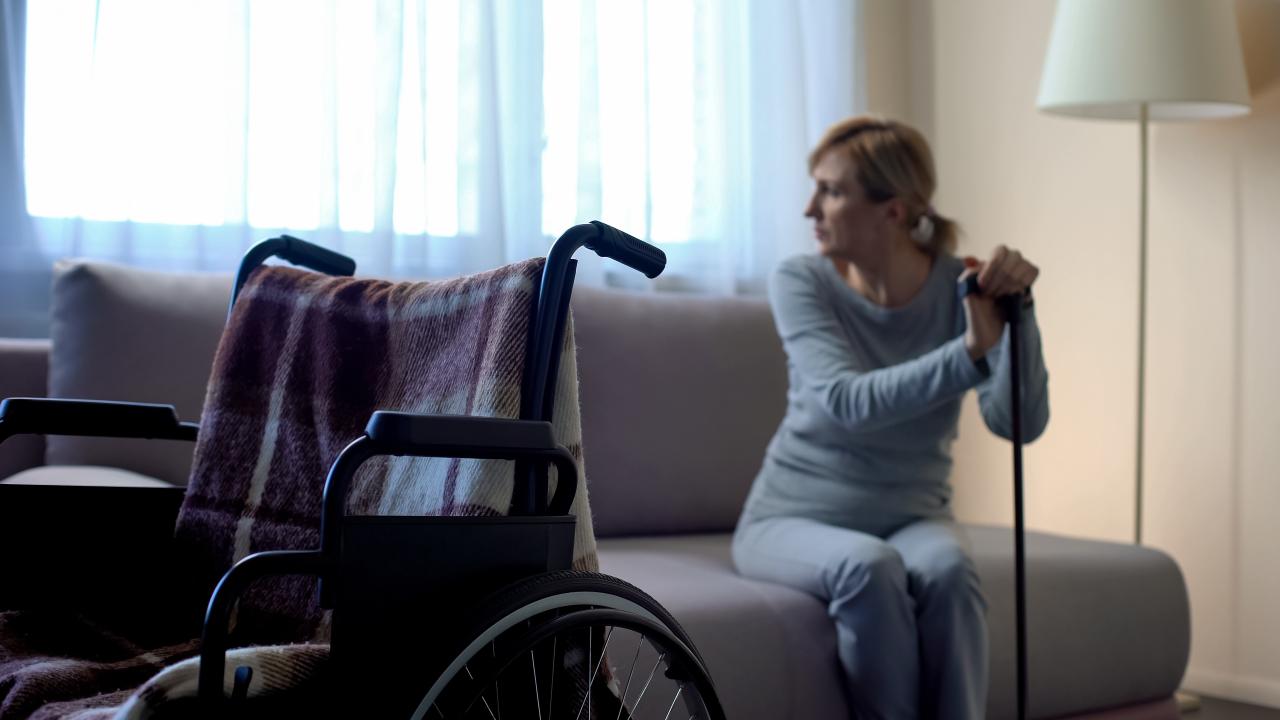 Injury recovery is a multifaceted process that not only involves physical healing but also encompasses mental and emotional well-being. The interplay between mental health and injury recovery is significant, as one’s mental state can greatly impact the rehabilitation journey. In this article, we will explore the crucial role of mental health in injury recovery and discuss strategies to support both physical and emotional healing.
Injury recovery is a multifaceted process that not only involves physical healing but also encompasses mental and emotional well-being. The interplay between mental health and injury recovery is significant, as one’s mental state can greatly impact the rehabilitation journey. In this article, we will explore the crucial role of mental health in injury recovery and discuss strategies to support both physical and emotional healing.
The Connection between Mental Health and Injury Recovery
Emotional Impact: Sustaining an injury can be emotionally challenging. Feelings of frustration, sadness, anger, and anxiety are common responses to physical setbacks. Coping with these emotions is an integral part of the recovery process.
Motivation and Adherence: A positive mental attitude can significantly impact one’s motivation to adhere to a rehabilitation program. Individuals with a strong sense of determination and resilience are more likely to commit to the necessary exercises and treatments.
Pain Perception: Mental health can influence the perception of pain. High-stress levels and negative emotions can amplify pain, making it more difficult to manage. Conversely, relaxation and positive emotions can help reduce the perception of pain.
Physical Progress: Mental health can influence physical progress. Stress, anxiety, and depression can hinder the body’s ability to heal and recover. Conversely, a calm and positive mental state can support the body’s healing processes.
Quality of Life: Mental health affects overall quality of life during injury recovery. Managing mental well-being can lead to improved sleep, better decision-making, and a more positive outlook, enhancing the overall experience of recovery.
Strategies to Support Mental Health during Injury Recovery
Acceptance and Grief: Acknowledge and accept the emotions that come with injury, including grief for the loss of physical abilities. Allow yourself to feel these emotions without judgment.
Seek Emotional Support: Reach out to friends, family members, or a mental health professional for emotional support. Talking about your feelings can help alleviate emotional distress.
Set Realistic Goals: Set achievable goals for your recovery journey. Celebrate small victories and milestones along the way to maintain motivation and a sense of accomplishment.
Mindfulness and Relaxation: Engage in mindfulness and relaxation techniques such as deep breathing, meditation, and progressive muscle relaxation to reduce stress and anxiety.
Maintain a Routine: Establish a daily routine that includes activities you enjoy and that promote mental well-being, such as reading, hobbies, or spending time with loved ones.
Stay Informed: Educate yourself about your injury, treatment options, and recovery expectations. Knowledge can alleviate uncertainty and anxiety.
Positive Self-Talk: Challenge negative self-talk and replace it with positive affirmations. Focus on your strengths and resilience.
Professional Help: If feelings of depression or anxiety persist or worsen, consider seeking professional help. Therapy or counseling can provide valuable tools and strategies for managing mental health during recovery.
Conclusion
Injury recovery is not only about physical healing but also about maintaining mental health and well-being throughout the process. The connection between the mind and the body is profound, and a positive mental attitude can facilitate physical recovery and enhance the overall experience of rehabilitation. By acknowledging and addressing the emotional aspects of injury, individuals can better navigate the challenges, maintain motivation, and ultimately achieve a more holistic and successful recovery.




More Stories
Warm-Up and Cool-Down Techniques for Injury Prevention
Technology and Wearables for Injury Prevention
Concussion Prevention and Management